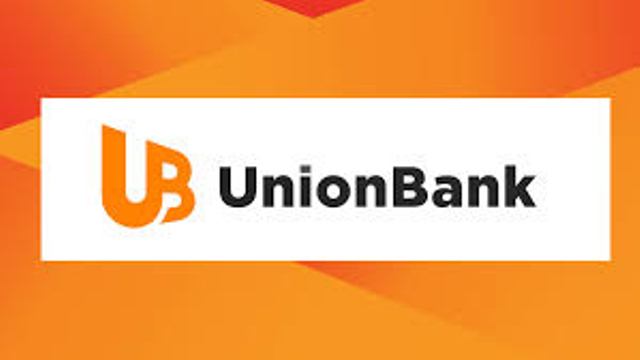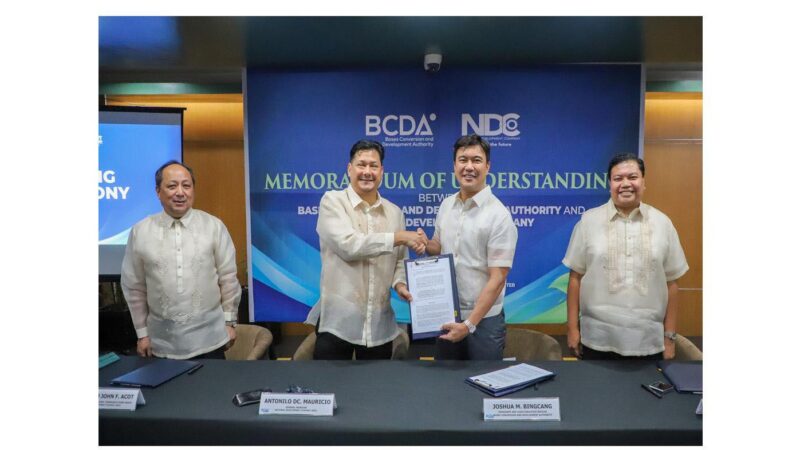Baguio businesses told to embrace digital payments

City officials enjoined all business establishments and local public transportation in the city to adopt QR PH digital payments in line with the Paleng-QR PH program.
Covered under Ordinance No. 71, series of 2022, include all public market vendors, all stores and business establishments, including, but not limited to sari-sari stores, ambulant vendors and hawkers and all public transport groups.
Further, all public market vendors, public transport groups, sari-sari store owners, other local merchants in the city have been directed to make QR PH payments available to their customers in line with the Paleng QR PH program.
The ordinance added that all business owners who shall provide QR PH as an alternative mode of payment shall be granted incentives such as the 2.5 percent discount which shall be applied on their business taxes on the first year of adoption.
The ordinance Tasked the City Permits and Licensing Division of the City Mayor’s Office, with the assistance of the Market Administration Office of the City Treasury Office, to monitor compliance of those covered under the measure and to provide reports to the City Mayor and the City Council.
The ordinance shall be imposed unto all concerned parties who will hold any confidential information in strict compliance to the pertinent provisions of Republic Act (RA) 10173, otherwise known as the Data Privacy Act, under the terms of confidentiality, the local government and other partner parties shall be bound to agree that any such information will be treated with utmost confidentiality, and that the partner parties and their employees or representatives will use reasonable efforts to protect such information in their possession against any accidental or unlawful destruction, alteration and disclosure, as well as against any other unlawful processing.
Within 30 days upon approval of the ordinance, the City Mayor, in coordination with the concerned executive departments, shall promulgate rules and regulations to properly implement the said endeavor.
The ordinance noted that financial inclusion is defined as having effective access to a wide range of financial products and services by all Filipinos where financial services such as savings account, payment, credit and remittances are tools that can help Filipinos improve their welfare and achieve their goals for their households and enterprises.
Moreover, account ownership is considered as the gateway to financial inclusion as through a formal account, one cannot only safely save money but also conveniently send and receive money to and from anyone for transactions such as receiving salaries and cash assistance, collecting payment from customers and paying taxes, purchases and bills.
The ordinance explained that payments are basic financial transactions and as demonstrated during the COVID-19 pandemic, the digitalization of payments proved to be effective in facilitating the continuation of business and government transactions amidst mobility restrictions. It has enabled the government and private institutions to provide lifelines of support to the vulnerable sectors to transact digital payments. – Dexter A. See







